Discernment Counseling - A Guide for Couples Facing Uncertainty
Life is full of choices, some big and some small. Some fun and some, um, not so much. Couples facing conflict and uncertainty in their relationship may find themselves staring down one of the most stressful situations a person can go through: divorce.
How does one begin to sort through the ins and outs of staying in a relationship or separating? What happens when one partner wants to work on the relationship but the other is ambivalent? Guidance through this decision-making process can bring clarity to each partner's perspective on the relationship, and help determine a path forward.
Discernment counseling is a short-term, focused type of counseling that helps couples decide whether to stay together, separate, or divorce. It is not couples therapy, as it does not focus on resolving relationship problems. Instead, it helps couples clarify their goals and values, and make an informed decision about their future.
What is Discernment Counseling?
Discernment counseling is a process that can help couples who are uncertain about their relationship. It is a way to explore options and make a decision about next steps in a marriage.
Who can Discernment Counseling help?
Its not unusual for partners in conflict considering the ‘d’ word to feel ambivalent or have two very different ideas as to how to proceed with the relationship. One partner may be desperate to start couple’s therapy, while the other may be ambivalent and resigned to divorce. If you and your partner have found yourself at a standstill on how to move forward in your relationship, Discernment Counseling provides a safe venue for both parties to clarify their goals and next steps.
How Does Discernment Counseling Work?
Discernment counseling typically involves three to five sessions. In these sessions, the therapist will help the couple to:
Share their stories
Clarify their goals and values
Increase understanding of each partner’s perspective
Identify their options
Make an informed decision on how to move forward with their relationship.
If these dynamics feel familiar, Discernment Counseling can help. Ready to get started? Contact us here.
